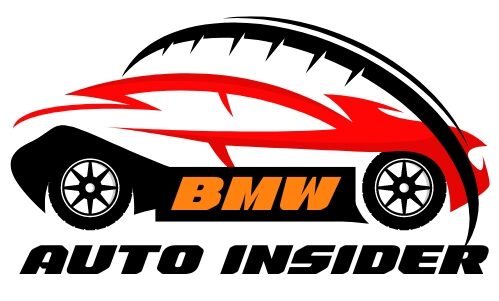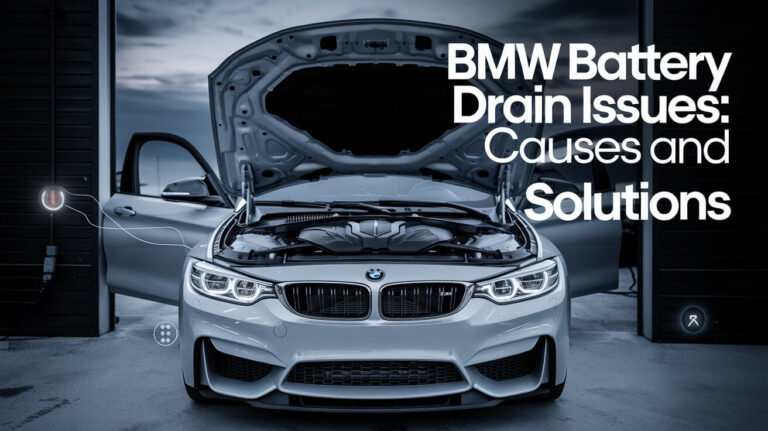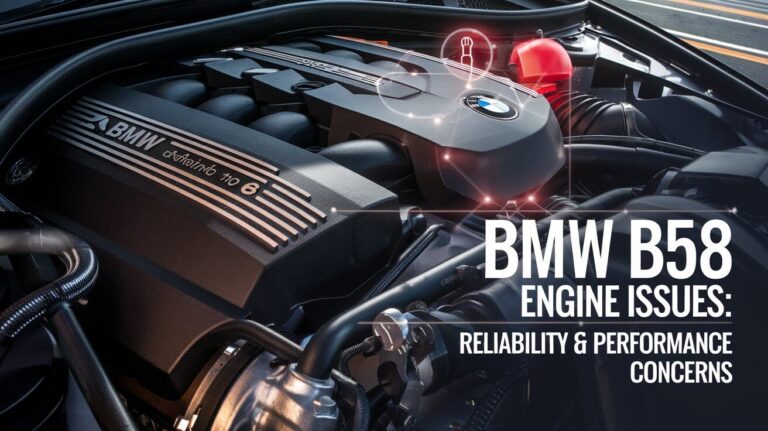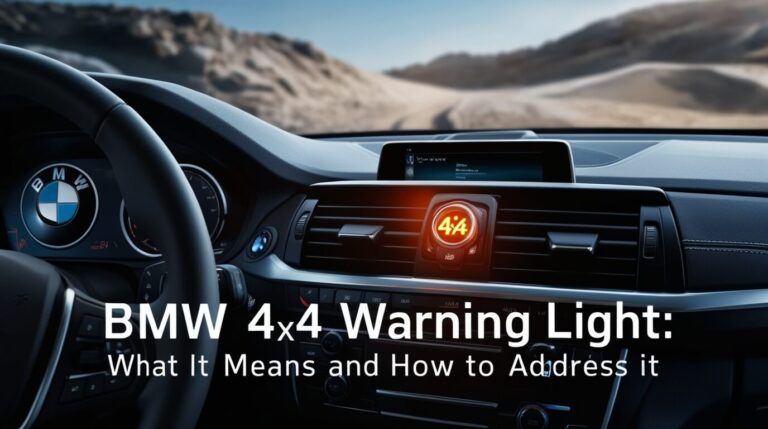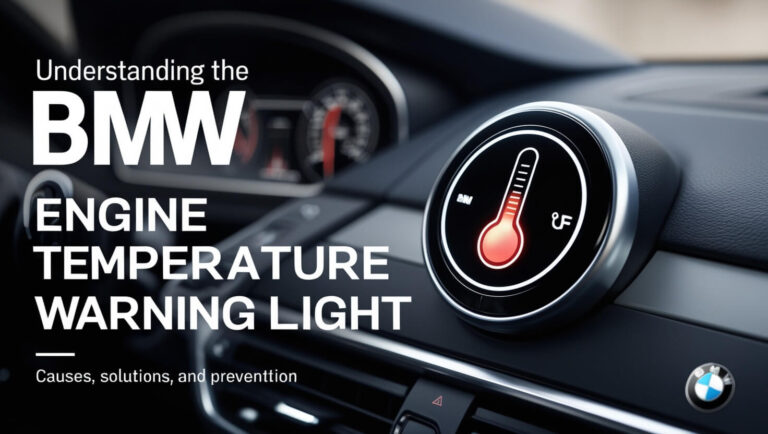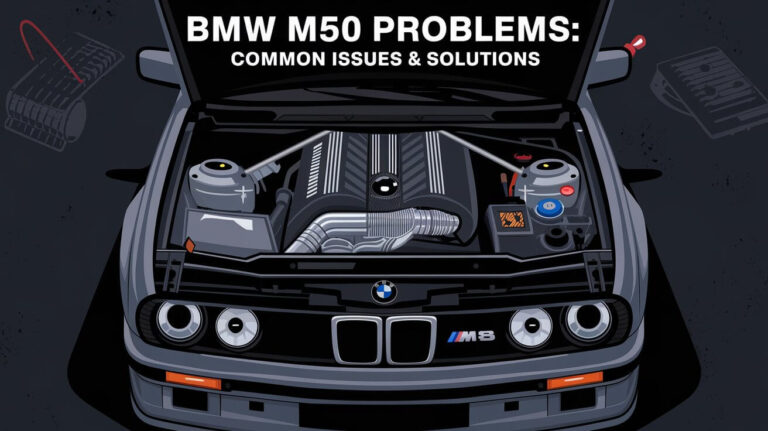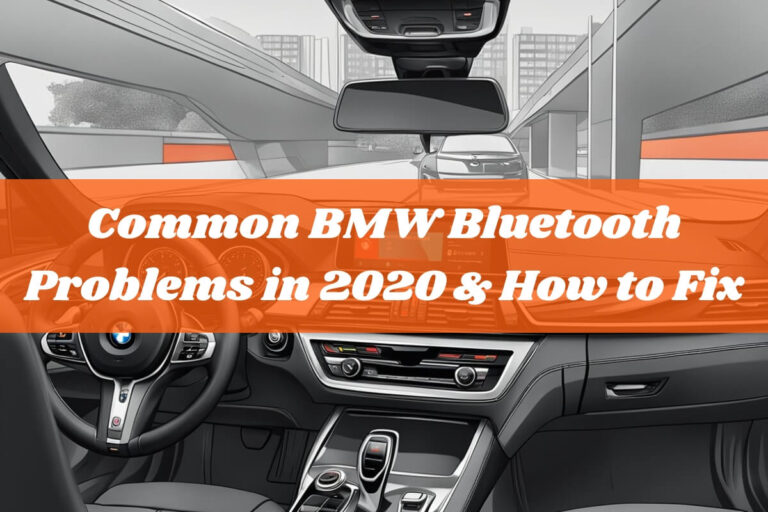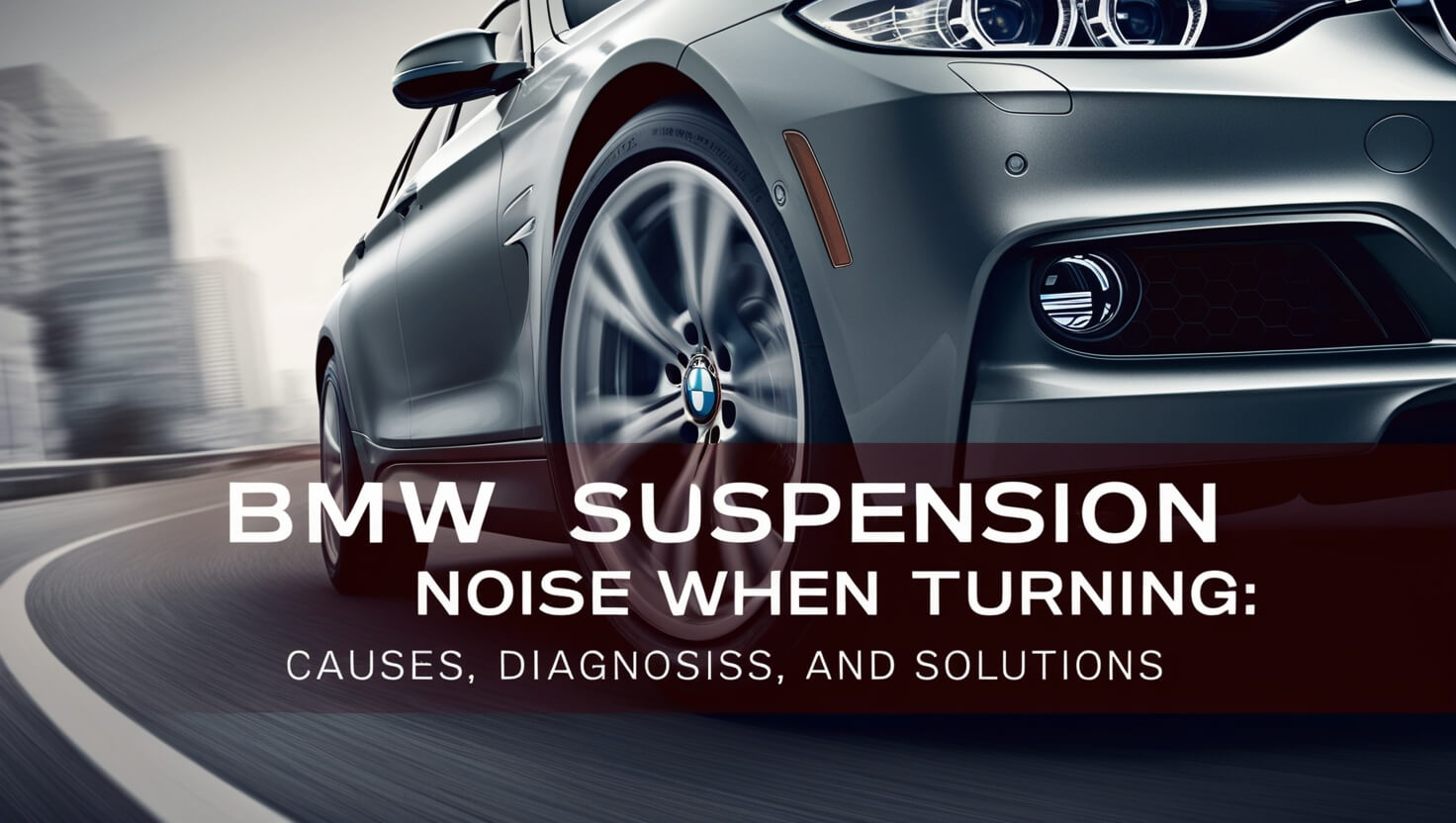
BMW owners may experience suspension noise when turning their vehicles. These noises can range from subtle clicks to loud clunks, often indicating underlying issues with the suspension system. This article will explore the causes of BMW suspension noise during turns, how to diagnose the problem, and potential solutions to restore your BMW’s smooth, quiet ride.
Understanding BMW Suspension Systems
Before diving into the noises your BMW might make during turns, let’s get familiar with the suspension system itself.
Components of BMW Suspension
BMW suspension systems are complex, featuring several key components:
- Struts and shocks
- Control arms
- Sway bars and links
- Ball joints
- Bushings
- Springs
Each part plays a crucial role in maintaining your BMW’s stability, comfort, and handling.
How BMW Suspension Works During Turns
When you turn your BMW, the suspension system works overtime. It manages the vehicle’s weight transfer, keeping the tires in contact with the road. This process puts stress on various components, which can lead to wear and tear over time.
Common Causes of BMW Suspension Noise When Turning
Let’s explore the usual suspects behind those annoying noises your BMW makes during turns.
Worn Suspension Joints
Suspension joints, like ball joints and tie rod ends, can wear out. When they do, you might hear a clicking or popping noise, especially during low-speed turns.
Damaged Control Arms
Control arms connect the wheel hub to the frame. If they’re damaged or their bushings are worn, you may hear clunking noises during turns.
Faulty Struts and Shocks
Struts and shocks absorb road impacts. When they fail, they can create a knocking sound, particularly noticeable when turning over bumps.
Deteriorated Sway Bar Links and Bushings
Sway bars help reduce body roll during turns. If the links or bushings wear out, you might hear a rattling or clunking noise in tight turns.
Issues with Power Steering System
While not strictly part of the suspension, power steering problems can cause whining noises when turning, often confused with suspension issues.
Identifying BMW Suspension Noises
Now that we know the potential culprits, let’s learn to identify different noises.
Types of Noises (Clicking, Clunking, Creaking)
- Clicking: Often indicates worn ball joints or tie rods
- Clunking: Usually points to loose or worn control arm bushings
- Creaking: Might suggest dry or worn strut mounts
When and Where the Noises Occur
Pay attention to when you hear the noise:
- During slow turns in parking lots?
- Over bumps while turning?
- Only when turning in one direction?
The timing and circumstances can help pinpoint the issue.
Differentiating Suspension Noise from Other Issues
Not all noises during turns come from the suspension. Brake pad wear, wheel bearing issues, or even loose items in your trunk can create sounds easily mistaken for suspension problems.
Diagnosing BMW Suspension Noise When Turning
Got a noise? Here’s how to figure out what’s causing it.
Visual Inspection Techniques
Start with a visual check:
- Look for signs of leaking fluid on shocks or struts
- Check for torn rubber boots on ball joints and tie rods
- Inspect control arm bushings for cracks or separation
Test Drives and Noise Reproduction
Take your BMW for a spin:
- Drive slowly in circles on a flat surface
- Turn the wheel fully left and right while stationary
- Drive over speed bumps at various angles
Try to recreate the noise consistently.
Professional Diagnostic Tools and Methods
Mechanics use specialized tools like:
- Suspension component testers
- Wheel alignment machines
- On-car brake lathes to check for warped rotors
These can pinpoint issues that aren’t visible to the naked eye.
DIY Troubleshooting for BMW Suspension Noise
Want to tackle the problem yourself? Here’s how to start.
Safe Inspection Procedures
Safety first:
- Always use jack stands when lifting your BMW
- Wear safety glasses when working under the car
- Don’t attempt to disassemble spring-loaded components without proper tools
Simple Tests to Isolate the Source
Try these DIY tests:
- Bounce test: Push down on each corner of the car and release. A properly functioning suspension should rebound once and stop.
- Steering wheel jiggle test: With the car stationary, move the steering wheel back and forth. Listen for clunking or feel for excessive play.
When to Seek Professional Help
Some signs it’s time to call a pro:
- You can’t recreate the noise consistently
- The problem seems to be getting worse quickly
- You lack the tools or expertise to safely perform repairs
Professional Repair Options for BMW Suspension Noise
When DIY isn’t enough, it’s time to consider professional help.
Dealership vs. Independent Mechanic
Pros of dealerships:
- Specialized BMW knowledge
- Access to proprietary diagnostic tools
Pros of independent mechanics:
- Often more affordable
- May offer more personalized service
Choose based on your car’s age, warranty status, and budget.
Common Repair Procedures
Typical suspension repairs include:
- Replacing worn control arm bushings
- Installing new struts or shocks
- Swapping out damaged sway bar links
- Replacing ball joints or tie rods
Costs Associated with BMW Suspension Repairs
Suspension repairs can vary widely in cost:
- Simple bushing replacements: $200-$400
- Strut replacement: $400-$1000 per side
- Complete suspension overhaul: $2000-$5000 or more
Costs depend on the specific BMW model, parts quality, and labor rates in your area.
Preventing Future BMW Suspension Noise
An ounce of prevention is worth a pound of cure, especially with BMW suspensions.
Regular Maintenance Tips
- Follow BMW’s recommended service intervals
- Have your suspension inspected annually
- Address minor issues before they become major problems
Driving Habits That Protect Suspension
- Avoid potholes and rough roads when possible
- Slow down for speed bumps and driveway entrances
- Don’t overload your BMW beyond its recommended capacity
Upgrading Suspension Components
Consider upgrading to:
- High-performance shocks or coilovers
- Polyurethane bushings for longer life
- Stronger aftermarket control arms
These can improve performance and durability, potentially reducing future noise issues.
Impact of Suspension Noise on BMW Performance and Safety
Suspension noise isn’t just annoying – it can affect how your BMW drives and how safe it is on the road.
How Noise Affects Driving Experience
Suspension noise can:
- Reduce driving comfort
- Distract you from the road
- Indicate reduced handling performance
Safety Concerns Related to Suspension Issues
Compromised suspension can lead to:
- Longer stopping distances
- Reduced stability in emergency maneuvers
- Increased risk of loss of control, especially in adverse weather
BMW Models Prone to Suspension Noise When Turning
While any BMW can develop suspension noise, some models are more susceptible than others.
Common Issues in Specific BMW Series
- 3 Series (E90/E92): Often experiences control arm bushing wear
- 5 Series (E60): Prone to front strut mount issues
- X3 and X5: May develop sway bar link problems more frequently
Model Years with Known Suspension Problems
- 2006-2011 3 Series: Reports of premature control arm wear
- 2004-2010 5 Series: Some owners report frequent strut replacement needs
- 2007-2013 X5: Known for ball joint issues in some cases
Remember, regular maintenance can help prevent these issues, regardless of model.
Conclusion
BMW suspension noise when turning can be a frustrating problem, but it’s often solvable with the right approach. By understanding the causes, learning to diagnose the issue, and knowing when to seek professional help, you can keep your BMW running smoothly and quietly for years to come. Regular maintenance and attentive driving habits go a long way in preventing suspension problems. If you do encounter unusual noises during turns, don’t ignore them – addressing the issue promptly can save you money and ensure your BMW continues to deliver the ultimate driving experience.
Remember, a quiet suspension isn’t just about comfort – it’s an integral part of your BMW’s performance and safety systems. By staying on top of suspension health, you’re investing in your vehicle’s longevity and your own driving enjoyment. Whether you’re a DIY enthusiast or prefer to leave it to the pros, keeping your BMW’s suspension in top shape will reward you with many miles of smooth, quiet driving.
